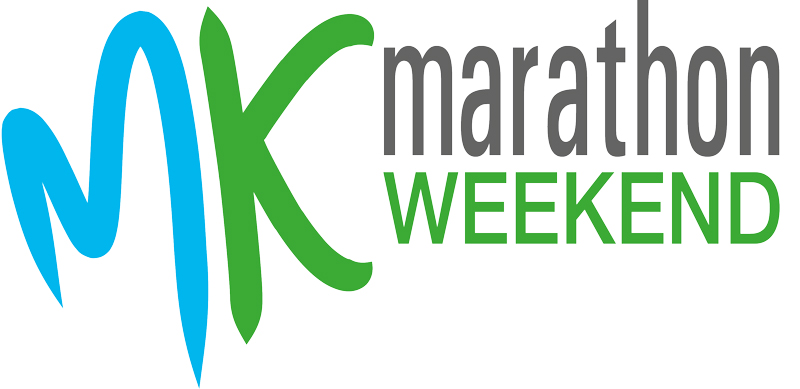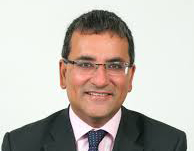Dr Raj Khiani. Cardiologist The BMI Saxon Clinic. www.rajkhiani.co.uk
What is Long COVID
According to the NHS most people with COVID-19 infection will recover fully from the infection within 4 weeks. Symptoms for more than 4 weeks are classified as on-going symptomatic COVID and symptoms lasting more than 12 weeks are classified as post-COVID syndrome (commonly known as “long COVID”).
What symptoms do people with Long COVID have
There are a large variety of symptoms of “Long COVID”, some of the common symptoms include: chronic cough, shortness of breath, fatigue, “brain fog” (impairment of memory or concentration), anxiety, depression, palpitations, chest pain, joint or muscle pain, loss of smell or taste and insomnia.
What should I do if I am concerned about symptoms of Long COVID
You should seek advice from your general practitioner in the first instance. If your GP diagnoses Long COVID, there are a number of clinics which have been set up to provide support and care for patients with Long COVID
How does COVID affect the heart
COVID infection can cause heart attacks, clots into the lungs, arrhythmias, and inflammation of the heart muscle as well as pneumonia. Patients who are hospitalised with COVID, often need the care of a heart specialist (Cardiologist) to diagnose and treat these problems.
Athletes with COVID infection
Athletes who have had COVID, particularly if they have had involvement of the heart with either a heart attack, or myocarditis (inflammation of the heart muscle), will need a careful assessment by a cardiologist who will perform a number of tests, such as an ECG, blood tests (including cardiac troponin levels), echocardiogram, Holter monitor and possibly a cardiac MRI to assess the patient before considering a return to sporting activity.
Currently routine cardiac screening of asymptomatic patients or patients with mild symptoms who have made a full recovery with COVID 19 is not recommended. You should be able to return to a graded exercise programme after your isolation period is completed.
However, patients with moderate to severe symptoms of COVID 19, the risk of cardiac involvement means these patients should have a cardiac assessment before returning to training. Please seek advice from your GP who may consider referral to a cardiologist before restarting an exercise programme.
Disclaimer
If you have any concerns about your health, including after infection with COVID-19 you should seek medical attention and advice. This advice should be sought prior to starting a physical exercise programme.

